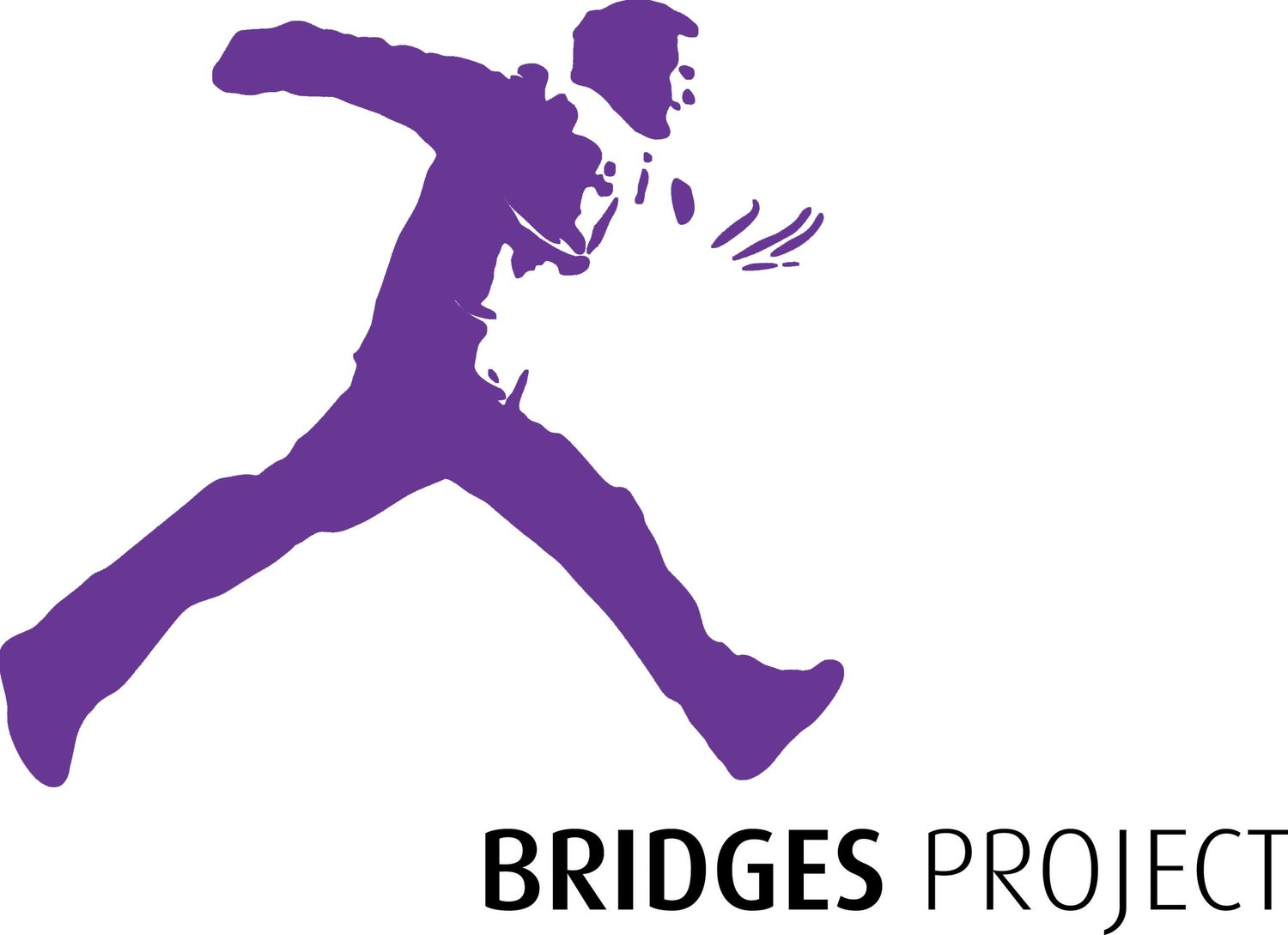Jordan’s Story
Please note that the name of this young person has been changed to protect their identity.
“I am doing well, still really enjoying everything! I think I got really lucky—everything’s been amazing”
- Jordan
Jordan referred themself to Bridges Project to get support after finishing 6th year of high school. Jordan was diagnosed with autism at 16 and was also diagnosed with anxiety, agoraphobia and panic disorder. Jordan used he/they pronouns and felt unsure about how to articulate their gender identity.
Jordan felt uncertain about sitting their exams because of their anxiety about the future. As a result, their mental health suffered and they struggled to keep a routine during study leave. This drove them to become even more worried about leaving school. Because of this, Jordan did not attend all their exams. This caused them a lot of anxiety and regret.
In their first sessions, Jordan shared some of their personal goals and career interests and they and Shaw discussed what types of jobs could suit these goals and interests.
Jordan and Shaw also spent time talking about skills. Jordan began to recognise specific skills they had developed through their personal interests and school experiences. This helped Jordan to see their potential more clearly, which improved their confidence and engagement.
After Shaw helped Jordan create a CV, Jordan shared they were worried about attending an interview. They had never had an interview before and did not know how to approach it. Jordan and Shaw therefore changed their focus to interview preparation.
Jordan's first worry about interviews was how to talk about their autism. After discussing this with Shaw, Jordan began to see how they could talk about their autism as something positive. This gave them a starting point for going into future interviews with more self-awareness and confidence.
Talking about Jordan’s autism also led to a referral to the autism charity Number 6. At Number 6, Jordan joined a group for people with late diagnoses. The group allowed Jordan to connect with others who shared similar experiences. It also helped them understand their autism more and made them feel less isolated.
Jordan also began attending a gender-affirming sports group at Number 6. This group was a welcoming space for autistic people who were not cisgender. Jordan shared that they had never had a conversation about their gender before but this group gave them the opportunity to do this with others who had similar experiences. This safe space helped them explore and accept themself more.
Jordan and Shaw soon started talking about how an apprenticeship could be a possible next step. Together, they explored different apprenticeship opportunities that suited Jordan's interests and strengths.
After applying for several roles, Jordan got an interview for an IT support apprenticeship. To ensure they felt prepared, Jordan and Shaw reviewed their application in detail and focused on their personal statement and how to present their experiences most effectively. They also went over key phone interview tips and discussed strategies to stay calm, confident and clear during the conversation. In addition, they talked about the STAR technique (Situation, Task, Action, Result) as a way of answering interview questions. Together, Jordan and Shaw talked through as many possible interview questions as they could think of and came up with structured answers for each one.
In the lead-up to the interview, Shaw and Jordan did several mock interviews to simulate the experience and talk about anything Jordan was worried about.
The interview went well and Jordan was offered the apprenticeship role.
Securing the apprenticeship marked a natural end for Jordan and Shaw’s formal appointments. However, they agreed to stay in touch through text to help Jordan become used to their new role. This ensured that Jordan would have support for any challenges that could come up in the early days of their apprenticeship. It also helped them build the confidence and resilience they needed to thrive in their new career.
Starting an IT support apprenticeship was a significant step forward and Jordan’s work in IT provided valuable transferable skills that they could also use in other jobs in the future.
Jordan now had everything in place for being able to be successful both in their career and in their personal life.
